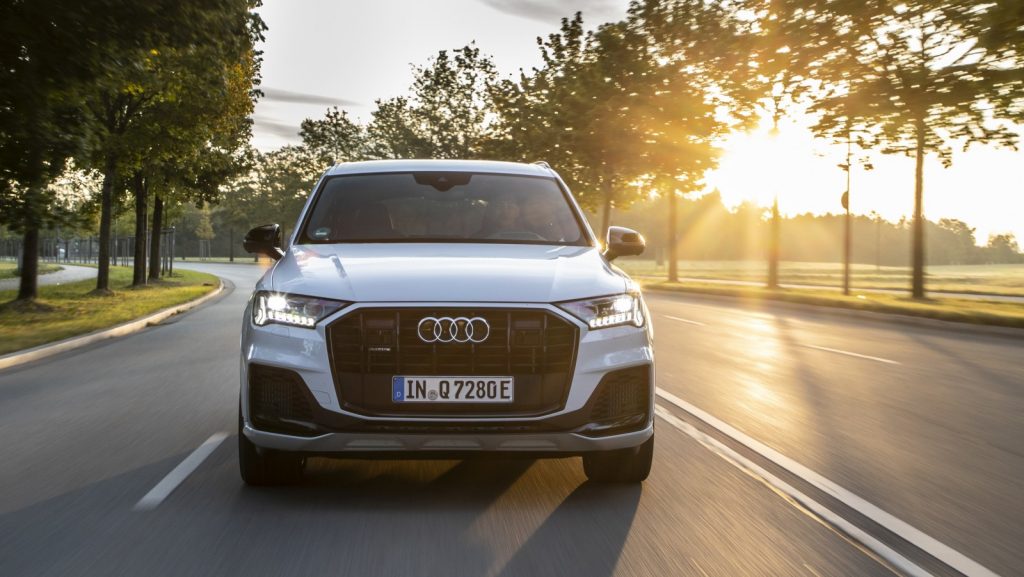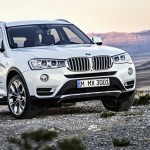Donald Trump’s call for Netflix to remove board member Susan Rice has intensified the Paramount saga, pushing the streaming wars into a political confrontation.
The true cost of Audi’s electric car strategy

Audi has started the transition to becoming an electric vehicle company and the costs are significant.
The German premium brand has always executed a marketing and engineering strategy which pivots on its “Vorsprung Durch Technik” philosophy. And in as 2019 draws to a close, that means electrification.
It is a complicated issue for all legacy car companies. The sunk costs of their internal combustion engines will probably never be recovered, whilst there is a huge investment required in futureproofed electric drivetrains.
This perfect R&D storm has started to shrink employment at many of the once impervious German car companies. Audi is the latest to announce job losses, as a direct result of the surge in R&D costs for battery and electric motor production.
A total of 9500 jobs will be made redundant at Audi, to liberalise funds required for battery research and production. The employment cost is a sober reality of the industrial friction wrought by the transition to electric vehicles.
With a R600bn investment scheduled for the next few years, Audi is planning to launch 30 new electric vehicles by 2024, of which 20 will be full-electrics, not mere hybrids. Mitigating the 9500 job losses, will be 2000 new jobs, added to the battery assembly and electric vehicle build projects.
Designers, engineers and product planners are adamant that these battery-powered vehicles will have all the celebrated Audi attributes that brand fans values, in addition to a world of new electric architecture benefits.
To balance its product matrix during this period of disruption, Audi has implementing an aggressive bridging strategy – via hybridization.
The latest hybridized version of a petrol Audi, is a Q7 60 TFSIe. The enormous luxury SUV features a 48v electric architecture, which has enabled Audi to convert most of its current internal combustion architecture vehicles to hybrids.
In the case of Audi’s this Q7, which is Audi’s latest hybrid, there is a combination of petrol and electric power. A 3-litre turbocharged V6 engine combines with Audi’s new 17.6kWh lithium battery pack to deliver impressive numbers.
Total system output is 335kW, which gives the large Audi SUV storming performance. It will run 0-100kph in 5.9 seconds and efficiency is remarkably for a vehicle of its size, averaging only 2.8l/100km at cruising speed.
There is even a 43km battery driving option, which makes a massive difference to reducing overall fuel consumption in heavy traffic conditions.
Feature image: Audi


